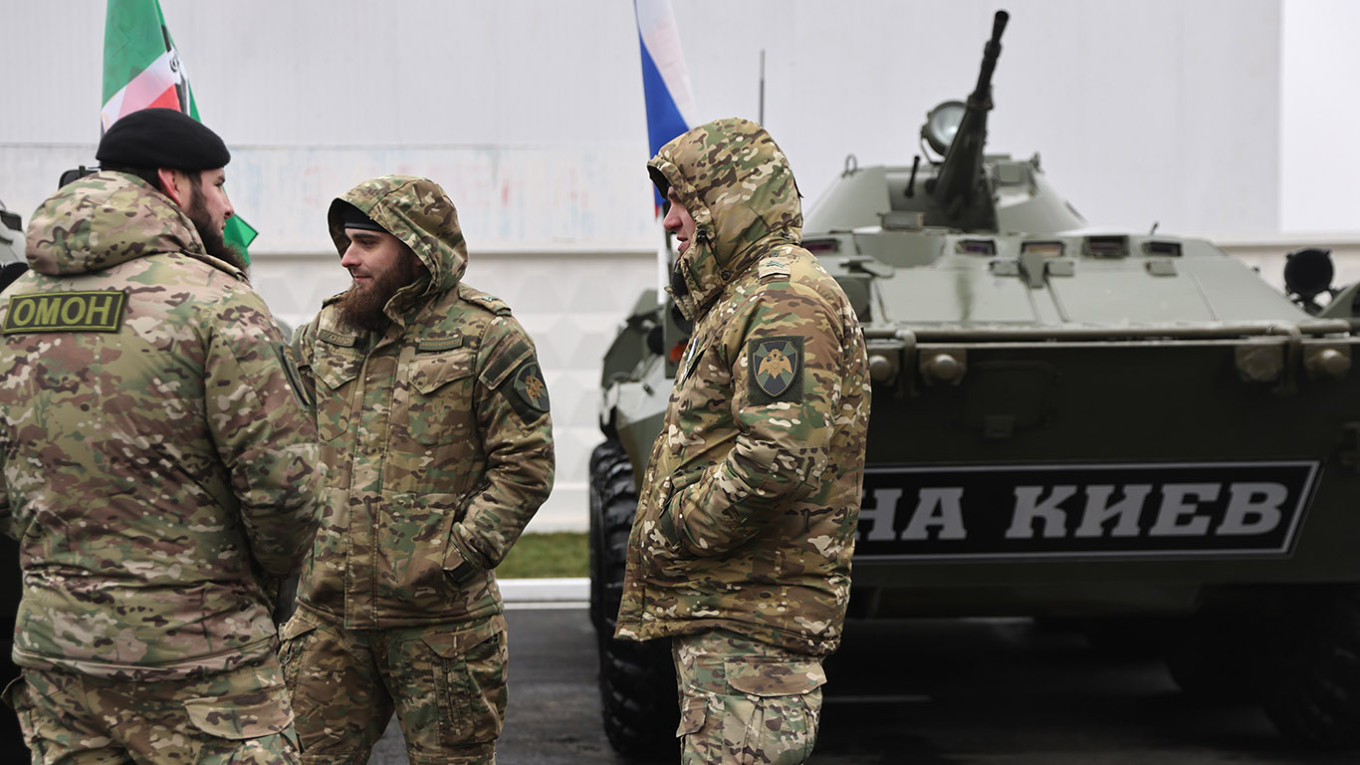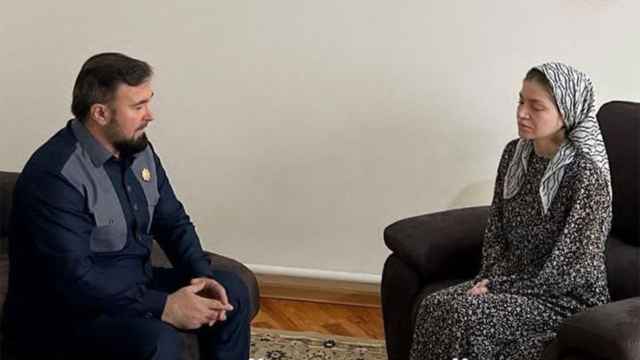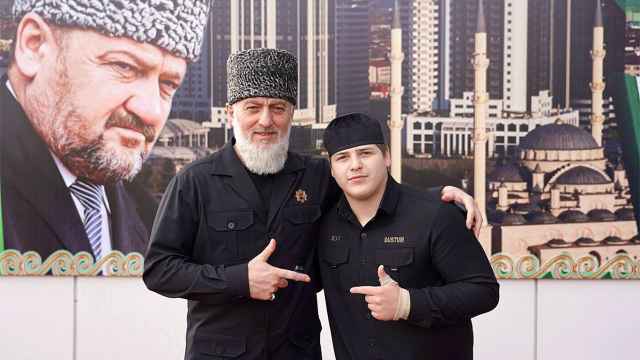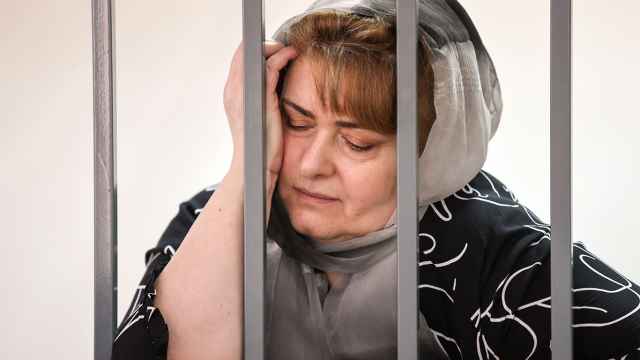Austria is deporting Chechen asylum seekers to Russia despite warnings they could be forcibly recruited to fight in Ukraine, court documents obtained by AFP show.
This year, Austria expelled two Chechen men who had applied for asylum after receiving Russian military draft notices. Authorities argued the men, both over 30, were not under a credible threat of conscription, which they said only applies to men aged 18–30 — a claim disputed by rights groups.
Authorities in Vienna argued that the men could avoid mobilization by relocating to Moscow. In addition, authorities said the men posed a threat based on police investigations into terrorism and religious extremism, but they did not provide further details.
Amnesty International has repeatedly urged European countries to end deportations of Chechen asylum seekers, warning that such actions “violate international human rights obligations.” Chechen exiles, meanwhile, say they are unfairly linked to religious extremism.
Due to EU airspace closures following Russia’s 2022 invasion of Ukraine, Austria is conducting deportations via connecting flights through Serbia, Azerbaijan and Georgia.
Austria does not release detailed statistics on deportations of Chechens, who are often Russian citizens or stateless. The Austrian Interior Ministry did not respond to AFP’s requests for comment.
While Austria has had no direct cooperation with Moscow since the war began, it treats Russia’s lack of response to deportation notices as “silent approval,” the court documents say.
According to Rosa Dunaeva, a Chechen activist based in Vienna, many Austrians “automatically” view Chechens as “terrorists.”
She said many Chechens cannot afford legal representation in Austria and are vulnerable to deportation. Dunaeva added that deportees risk forced conscription in Russia if their families cannot pay bribes.
“Authorities are well aware, throughout Europe, that those who are deported can be recruited to fight in Ukraine” if their families do not pay a large sum of money, Dunaeva claimed, “whether they are 18 or 60 years old.”
In 2006, the EU signed an agreement with Russia to facilitate the return of criminal suspects. Despite the war, Austria has not disputed the agreement.
Austria ramped up surveillance of its Chechen community after a Chechen refugee killed a schoolteacher in France in 2020 and after its first jihadist attack that same year.
In 2024, Amnesty International again called on European countries to halt returns to Chechnya and the North Caucasus, citing the “new threat of mobilization.”
The human rights situation in Chechnya is so severe “that the families are afraid to make those cases public,” Natalia Prilutskaya, a specialist on Russia at the NGO, told AFP.
“There is no safe space for returnees anywhere in Russia,” she added, noting that men up to age 70 can be mobilized if deemed military reserves.
The European Court of Human Rights condemned France in 2022 for deporting Chechens to Russia, citing Article 3 of the European Convention on Human Rights, which prohibits torture. The ECHR emphasized that the protections cannot be waived, even in cases involving public threats or terrorism links.
Roughly 250,000 Chechens live in Europe. Austria, with a population of 9.2 million, hosts between 30,000 and 40,000, making it the largest Chechen diaspora per capita.
Chechnya, devastated by wars in the 1990s and early 2000s, is now tightly controlled by Kremlin loyalist Ramzan Kadyrov, who has crushed dissent and backed Russia’s war effort in Ukraine.
A Message from The Moscow Times:
Dear readers,
We are facing unprecedented challenges. Russia's Prosecutor General's Office has designated The Moscow Times as an "undesirable" organization, criminalizing our work and putting our staff at risk of prosecution. This follows our earlier unjust labeling as a "foreign agent."
These actions are direct attempts to silence independent journalism in Russia. The authorities claim our work "discredits the decisions of the Russian leadership." We see things differently: we strive to provide accurate, unbiased reporting on Russia.
We, the journalists of The Moscow Times, refuse to be silenced. But to continue our work, we need your help.
Your support, no matter how small, makes a world of difference. If you can, please support us monthly starting from just $2. It's quick to set up, and every contribution makes a significant impact.
By supporting The Moscow Times, you're defending open, independent journalism in the face of repression. Thank you for standing with us.
Remind me later.






